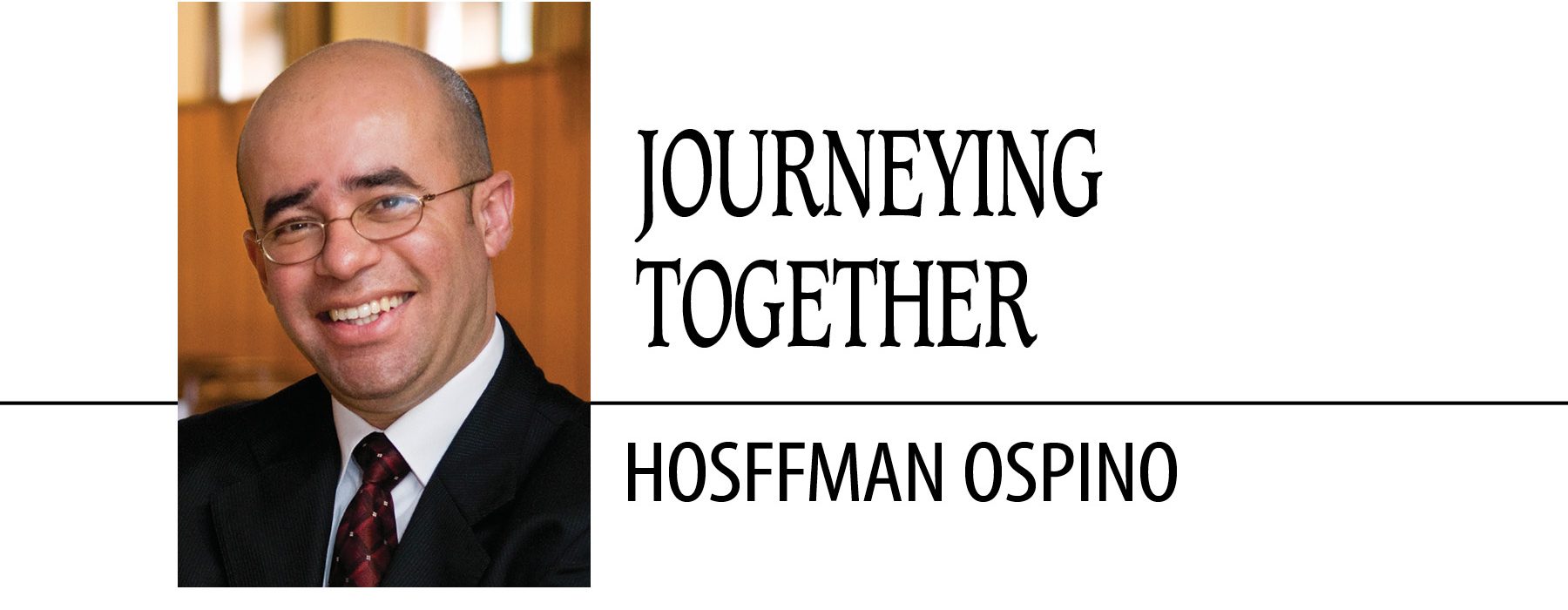May 26, 2021 // Perspective
A perfect time to become sanctuary parishes and save lives
In a time of pandemic, when lives, health and well-being are at stake, we must work together for the common good. In these pandemic moments, there should be no room for selfishness.
The relaxation of restrictions associated with the pandemic may give the impression that the health crisis is over, and we are back to normal. Not so fast.
Tens of thousands of people are still contracting the virus daily. Thousands of deaths are reported every week in our country. Entire nations, including many of our immediate neighbors, are experiencing dire moments. If our neighbors cannot control the pandemic, we are not safe.
Solidarity seems the best strategy to ensure everyone’s well-being during this pandemic. More exactly, Christian solidarity: seeing the face of Christ in the other, especially people who struggle most, and doing something to alleviate their suffering so they can live with dignity.
To be in solidarity demands empathy. We should be able to ask how others are doing. We should be able to understand what afflicts them and what prevents them from accessing that which would make their lives better.
Although our society has considerably improved its response to the COVID-19 pandemic, there are populations that unfortunately continue to carry the brunt of this health crisis with their bodies and their lives.
The pandemic continues to affect Hispanics disproportionately, and that hits home for Catholics. Nearly half of the U.S. Catholic population is Hispanic.
Despite the vaccine surpluses and, according to a report this month from the Kaiser Family Foundation, being the population most eager to be vaccinated, Hispanics have one of the lowest rates of COVID-19 vaccination in the country.
There are many reasons behind this seeming contradiction: lack of basic information and lots of misinformation, such as conspiracy theories; poor access to essential health care structures and services; language barriers; and a cadre of fears associated with immigration law enforcement, among others.
Small details matter. Self-proclaimed interpreters of Catholic morality often confuse Hispanics and other Catholics with personal opinions that regularly contradict Church teaching. Seeing a law enforcement officer at the entrance of a large vaccination center can be a deterrent for people who may not have their immigration affairs in order.
It is tempting to take for granted that one can trust information available in certain specialized websites or that law enforcement officers at a vaccination center are there to help, not to ask for proof of citizenship. Yet many people, because of their life circumstances, do not. Vulnerable people do not take life for granted.
Here is where our Catholic parishes can make a major difference. The mantra for Catholic faith communities during these days of pandemic should be, “How can we help?”
I think that Catholic parishes can become sanctuary parishes in creative ways. The sanctuary movement is often associated with providing a safe space for refugees and immigrants. True, yet the ultimate thrust of the sanctuary movement is to save lives.
Many Catholic parishes throughout the country are hosting COVID-19 vaccination clinics. They often do it in neighborhoods with large immigrant populations. These communities are functioning as de facto sanctuary parishes.
We have more than 16,700 Catholic parishes in the country that could become sanctuary communities providing reliable information, hosting vaccination clinics and being safe spaces where vulnerable people’s fears are no more. We could do something similar in the buildings and parking lots of our Catholic schools and colleges.
The sanctuary movement provides great inspiration for our parishes to respond prophetically in the name of Jesus Christ to the challenges of the current pandemic. Let’s do it!
Hosffman Ospino is professor of theology and religious education at Boston College.
The best news. Delivered to your inbox.
Subscribe to our mailing list today.






